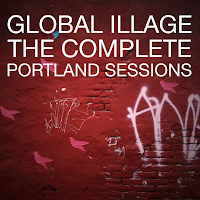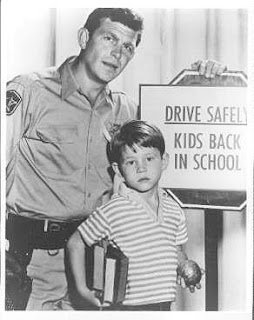Once and Future Worlds
The Acadians of the Maritime Coast in Canada were a fully integrated culture mixing Native and French cultures over the course of several centuries prior to the Revolutionary War. They were a culture of some 18,000 people wiped out in a few years by the British, utterly eliminated through forced removal or simply driven into the wilderness to fend for themselves. Some of these displaced Acadians eventually straggled down to Louisiana. Over the next century (mostly the 19th), French/Creole language shifts eventually came up with the name Cajuns for them.
An article in Salon.com contains an extended interview with John Mack Faragher, a Yale professor of history, who wrote the book entitled, "A Great and Noble Scheme." The article can be found at Salon's website in the books section, "America's Forgotten Atrocity."
Here's an interesting clip from the article:
"To what extent should the Acadians be viewed as a mixed-race or an ethnically mixed people? And how much did that perception contribute to their downfall?
There was an early period in their history, mostly in the 17th century, where there was considerable intermarriage. It really characterized the first and maybe the second generation, when the community was in formation. Once they had established their community the rate of intermarriage fell off, but the important point was that they recognized kinship across community lines. The Acadians looked at the Míkmaq and didn't just see "others" there. They saw cousins, distant cousins perhaps, but cousins nonetheless. They often went to the same missionaries, their names were placed in the same baptismal records, the same marriage records. Because of the early pattern of intermarriage, they came to recognize a cultural and Christian kinship across ethnic lines.
In fact, this also characterizes a lot of American history. I don't like the word, but we're a miscegenated culture. There is nothing really pure about Americans. You scratch us, and we bleed many colors and many ethnicities. Our culture is about hybridity, bringing formerly separate things together. The Acadians are perhaps a more dramatic example.
Now it must be said that the French had a tendency, in part because they emphasized commerce rather than agriculture, to create the kinds of ties with the Indians that made commerce possible. They also practiced an ecumenical Catholicism and were genuinely interested in converting the Indians, where the English really were not.
Yes, you write that the Puritans made no attempts to do that.
Well, there were some attempts, John Eliot and the Mayhews -- these were missionaries in 17th century New England. But the Indians that Eliot converted, who lived in the "praying towns" in Massachusetts, those Indians were attacked during King Philip's War, and subjected to the same hatred and violence as non-Christian Indians. This remains one of the fundamental problems in understanding North American history: the English way of dealing with the Indians vs. the French way."
An article in Salon.com contains an extended interview with John Mack Faragher, a Yale professor of history, who wrote the book entitled, "A Great and Noble Scheme." The article can be found at Salon's website in the books section, "America's Forgotten Atrocity."
Here's an interesting clip from the article:
"To what extent should the Acadians be viewed as a mixed-race or an ethnically mixed people? And how much did that perception contribute to their downfall?
There was an early period in their history, mostly in the 17th century, where there was considerable intermarriage. It really characterized the first and maybe the second generation, when the community was in formation. Once they had established their community the rate of intermarriage fell off, but the important point was that they recognized kinship across community lines. The Acadians looked at the Míkmaq and didn't just see "others" there. They saw cousins, distant cousins perhaps, but cousins nonetheless. They often went to the same missionaries, their names were placed in the same baptismal records, the same marriage records. Because of the early pattern of intermarriage, they came to recognize a cultural and Christian kinship across ethnic lines.
In fact, this also characterizes a lot of American history. I don't like the word, but we're a miscegenated culture. There is nothing really pure about Americans. You scratch us, and we bleed many colors and many ethnicities. Our culture is about hybridity, bringing formerly separate things together. The Acadians are perhaps a more dramatic example.
Now it must be said that the French had a tendency, in part because they emphasized commerce rather than agriculture, to create the kinds of ties with the Indians that made commerce possible. They also practiced an ecumenical Catholicism and were genuinely interested in converting the Indians, where the English really were not.
Yes, you write that the Puritans made no attempts to do that.
Well, there were some attempts, John Eliot and the Mayhews -- these were missionaries in 17th century New England. But the Indians that Eliot converted, who lived in the "praying towns" in Massachusetts, those Indians were attacked during King Philip's War, and subjected to the same hatred and violence as non-Christian Indians. This remains one of the fundamental problems in understanding North American history: the English way of dealing with the Indians vs. the French way."



Comments
Post a Comment